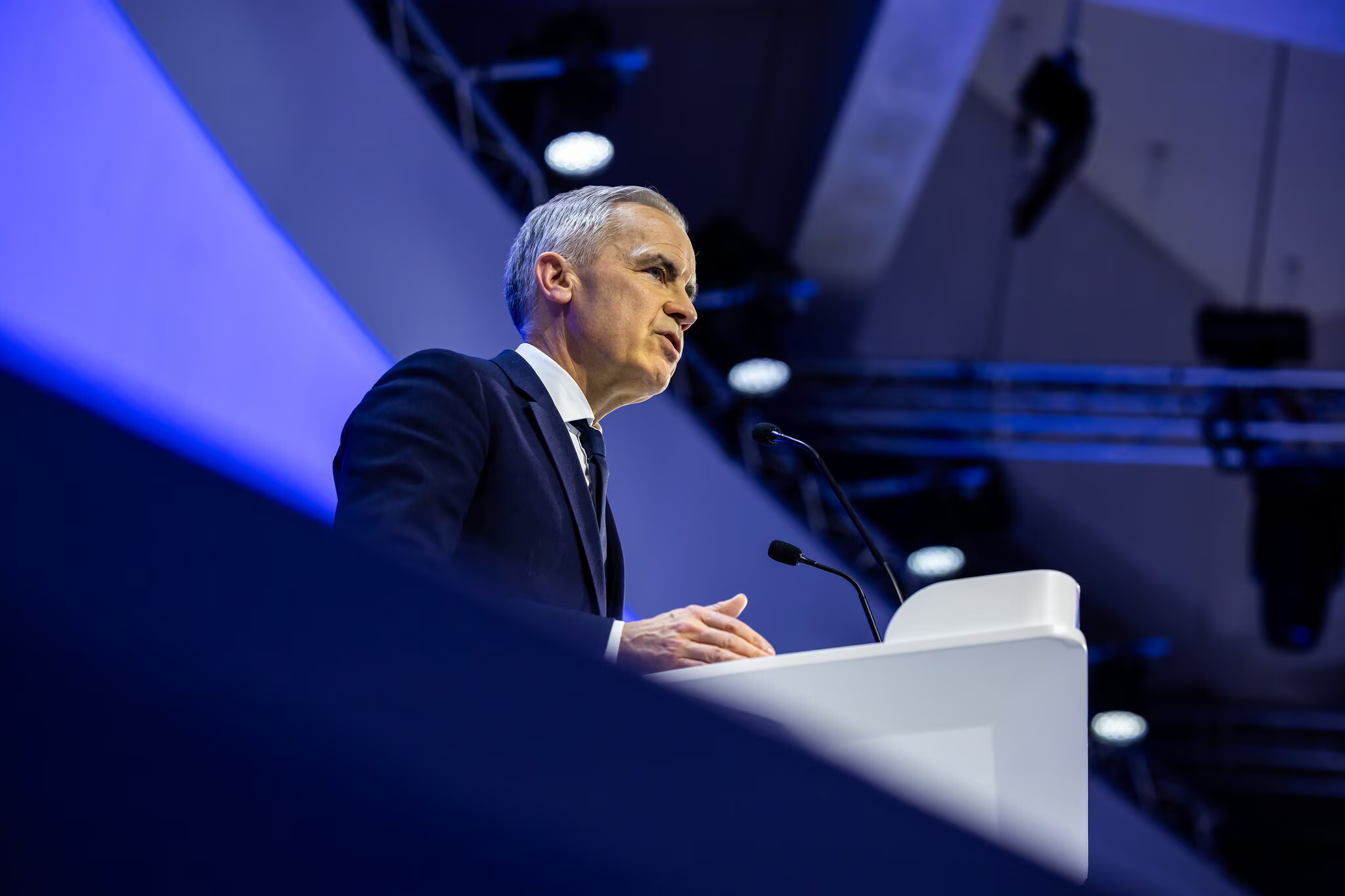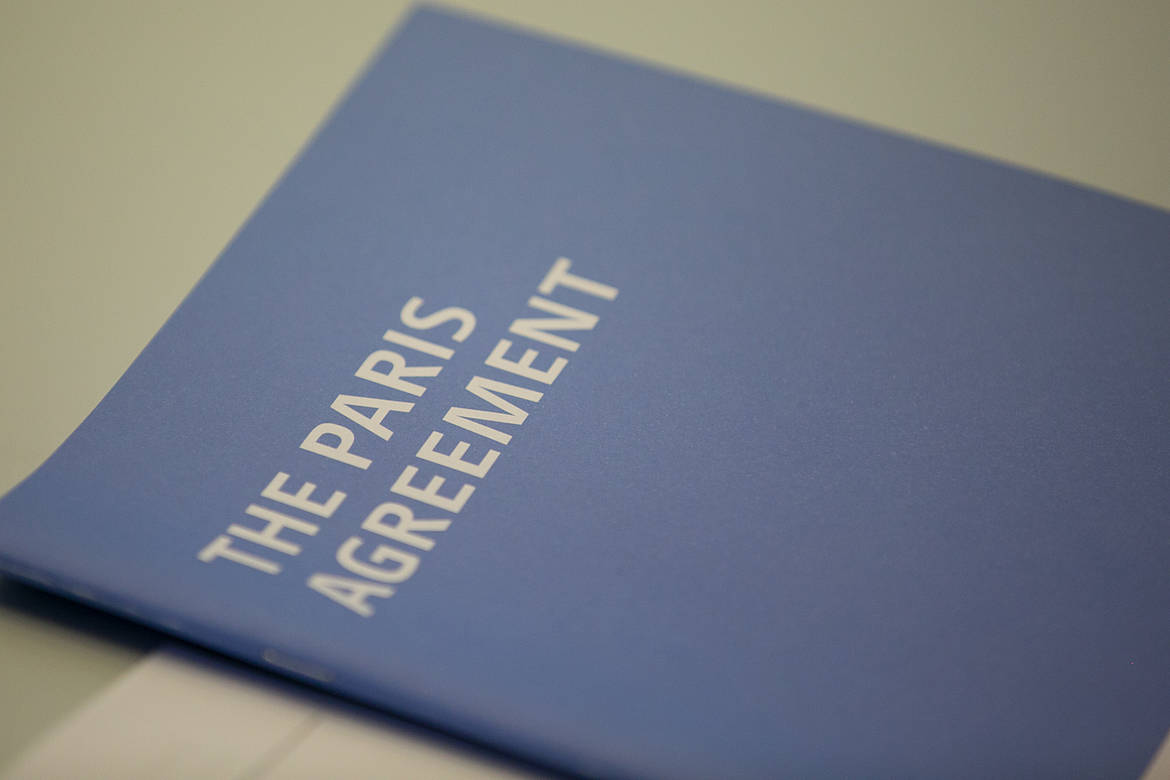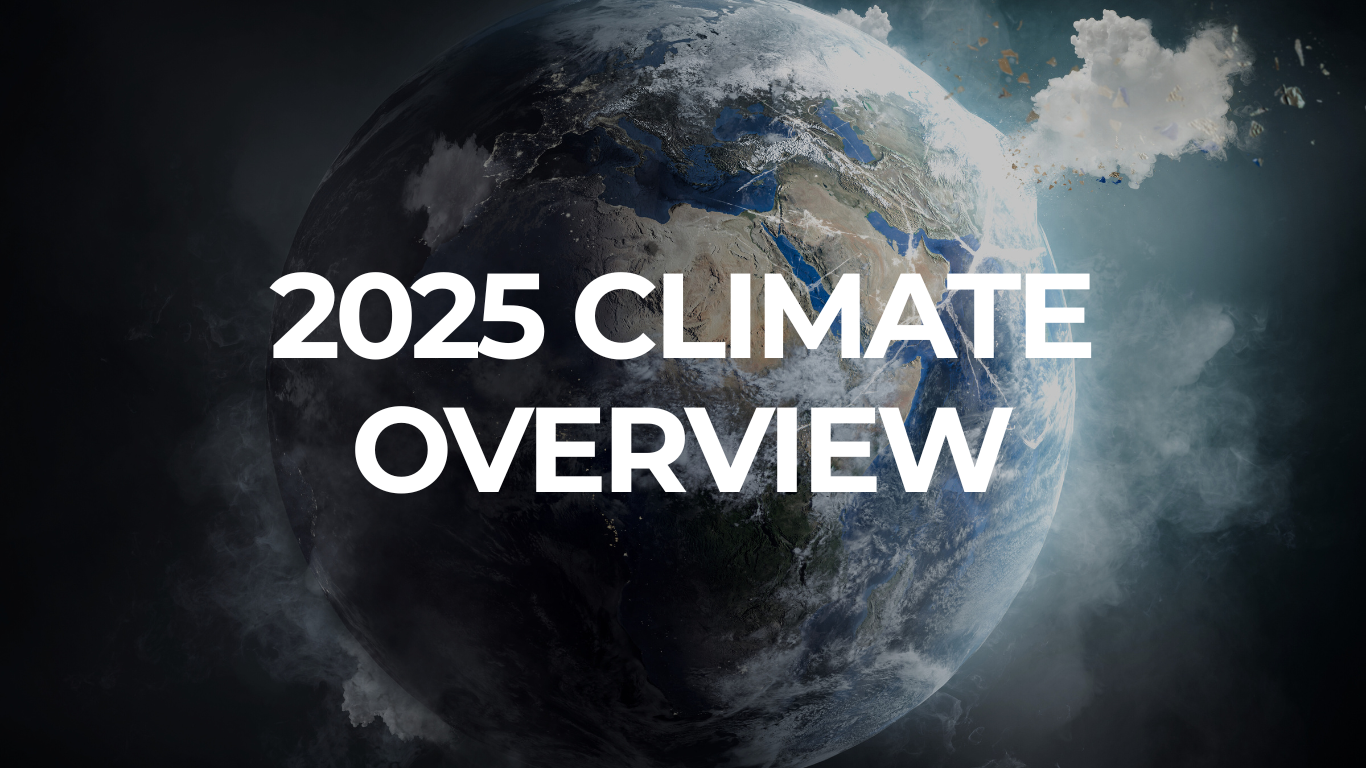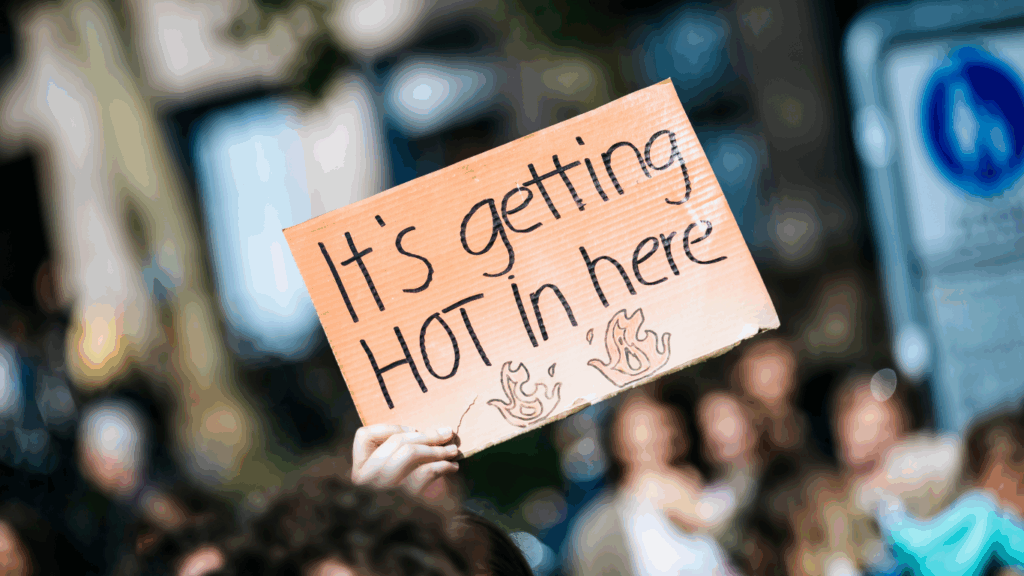COP29, or the 29th Conference of the Parties to the United Nations Framework Convention on Climate Change (UNFCCC) concluded on Sunday 24 November with both progress and setbacks for the global effort to tackle climate change.
You can read our editorial about how the COP failed to deliver the measures we need and how a process reform is needed.
And below we bring you a summary of COP29’s key developments:
1. Adoption of a New Climate Finance Goal
Developed countries agreed to a new climate finance goal of mobilizing at least $300 billion annually by 2035 to support developing nations in adapting to climate impacts and transitioning to sustainable energy sources. While this represents a significant increase from the previous $100 billion target, it was widely criticized for falling short of the estimated $1.3 trillion per year needed to effectively address the climate crisis and meet the Paris Agreement’s goals. Many delegates and observers expressed deep disappointment and opposition to the goal, emphasizing that the agreed amount risks undermining trust between developing and developed countries.
2. Approval of Carbon Market Rules
After nine years of negotiations, COP29 finalized rules under Article 6 of the Paris Agreement, which establishes a framework for international carbon credit trading. The mechanism is designed to enable countries to purchase credits for emissions reductions achieved elsewhere, promoting cost-effective mitigation. However, the system remains controversial, with critics warning that it could undermine genuine emissions reductions by allowing wealthier nations to “offset” rather than reduce their own emissions. Concerns about potential loopholes and the lack of robust monitoring mechanisms remain.
3. Submission of New National Climate Plans (NDCs)
In a proactive step ahead of the February 10, 2025, deadline, Brazil, the United Kingdom, and the United Arab Emirates unveiled updated Nationally Determined Contributions (NDCs). These revised plans include enhanced commitments to reduce emissions and implement sustainable energy solutions. While these early submissions were praised for setting an example, many countries are expected to submit their updates closer to the deadline, as a remainder, current NDCs if fully implemented put the world on a trajectory to a 2.7ºC increase, far from the 1.5ºC safe limit agreed in Paris and endorsed by science.
4. Stalemate on Fossil Fuel Phase-Out
Despite extensive deliberations, countries failed to reach an agreement on implementing COP28’s decision to transition away from fossil fuels. Key disagreements arose over timelines, the scale of reductions, and the role of carbon capture technologies. Major fossil fuel-producing nations resisted binding commitments, underscoring the significant political and economic barriers to achieving a global consensus on the energy transition.
5. Limited Progress on the Global Goal on Adaptation
Discussions on operationalizing the Global Goal on Adaptation—established during the Paris Agreement’s adoption nine years ago—made little headway. Delegates grappled with issues of funding and responsibility, leading to a lack of actionable strategies. This impasse prolongs the delay in addressing the urgent need to build resilience against escalating climate impacts, particularly in vulnerable regions.
6. Voluntary Pledges on Energy Storage and Grid Expansion
In parallel with formal negotiations, dozens of countries and organizations endorsed the Global Energy Storage and Grids Pledge. The initiative includes commitments to:
- Increase global energy storage capacity sixfold from 2022 levels (1,500 GW) by 2030.
- Double investments to add or refurbish 25 million kilometers of electricity grids by 2030.
This voluntary pledge complements the COP28 agreement to triple global renewable energy capacity to at least 11,000 GW and double energy efficiency improvements from around 2% to over 4% annually by 2030. However, the absence of binding obligations raises questions about the feasibility of achieving these ambitious targets.
7. Weak Signal from the G20
In parallel with COP29, the G20 summit in Rio de Janeiro culminated in the “G20 Rio de Janeiro Leaders’ Declaration.” This declaration reaffirmed the G20’s commitment to the Paris Agreement and highlighted the need for sustainable development and climate action. However, it notably lacked explicit references to phasing out fossil fuels, a major concern for environmental advocates. Let us not forget that G20 countries account for 80% of the greenhouse gas emissions driving climate change.
Conclusion
COP29 marked some incremental progress on climate finance and carbon markets, but it failed to deliver the transformative breakthroughs needed to address the climate emergency.
The COP29 presidency, led by Azerbaijan, faced criticism for conducting weak climate diplomacy that fell short of expectations, intensifying the pressure on Brazil’s upcoming conference in November 2025. As attention turns to COP30 in Belém, the pressure will mount for governments to overcome divisions that hinder progress and to present ambitious climate plans to accelerate the pace of climate action.
To dive into the process visit https://unfccc.int




